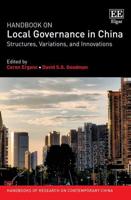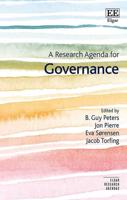Publisher's Synopsis
Most experts consider economic development to be the dominant factor influencing urban politics. They point to the importance of the finance and real estate industries, the need to improve the tax base, and the push to create jobs. In ""New York City Politics: Governing Gotham"" - the first comprehensive analysis of New York City's political system in four decades - Bruce F. Berg acknowledges the key role of economic development, but also maintains that two other forces are equally important.The first of these is the city's relationships with the state and federal governments, which influence taxation, revenue, and public policy responsibilities. The second is the city's racial and ethnic diversity, resulting in calls for representation, recognition, and equity in the delivery of services. Berg's focus is on all three forces, as well as the interplay among them. He examines these forces within the context of the governance of New York City's political system, including the maintenance of democratic accountability and civil harmony and the delivery of public goods and services.Along the way, Berg covers a range of topics, including the Dinkins, Giuliani, and Bloomberg administrations; the battles over sports arenas; party politics; rising immigrant groups and the role of their leaders; changes to the city's charter; and New York City politics in the post - 9/11 era. Looking at the full range of forces and activities, Berg is able to test major theories that have been used to study urban politics - pluralism, the growth machine perspective, and regime theory - demonstrating the strengths and weaknesses of each.An engaging look at the complex nature of urban politics, this book is the only one of its kind to offer a comprehensive narrative of the challenges, frustrations, and successes of New York's governing institutions, and their prospects for meeting the city's long-term needs.










